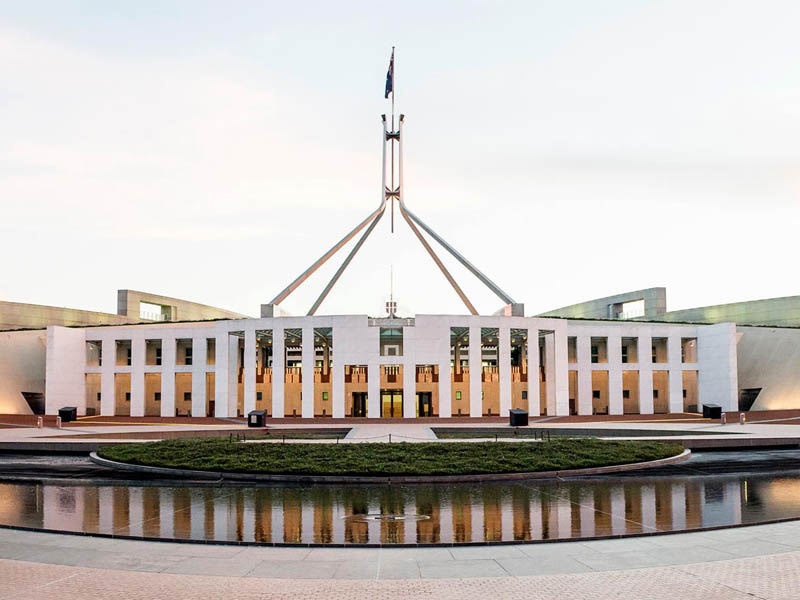“Technocrats” and a lack of user testing are to blame for the Parliament’s delay-plagued expense management software upgrade, which will be without a key transparency feature for a year, according to the minister now responsible for the $70 million SAP project.
Special Minister of State Don Farrell referred the Parliamentary Expense Management System to the national audit office after last year discovering the project would miss key milestones and need to suspend its public reporting function.
The suspension of public reports on what members of Parliament and their staff are spending is due to the technology upgrade not being ready for the first quarter reporting. Expense claims and reimbursements are working, with thousands being processed correctly.
A change in data formats meant the old reporting system could not be reinstated, leaving a gap in this key government transparency measure.

Officials on Tuesday said the reporting function was now expected to be ready for testing in May and likely to be rolled out widely by September.
By then the project – a customised version of an SAP platform – is expected to have cost around $70 million, and will require another $4 million annually to maintain.
At a Senate Estimates hearing on Tuesday, Senator Farrell sheeted home blame for repeated delays to PEMS to the “technocrats” running the now five-years-long project.
“As best I can see, what happened was that the people running the project tended to be the technocrats; the people who were experienced building these sorts of operations,” Senator Farrell told the hearing.
“And there was insufficient involvement from the users of the of the system.”
Finance officials were pressed on the delays to the project at the hearing, after Freedom of Information documents released last month showed the PEMS steering committee had given a ‘green light’ status to the project up until July despite an independent review flagging problems earlier last year and recommending a
Even after descoping the testing required before going live and splitting the reporting function out of the expenditure module, the reporting module still missed the revised deadline of September to October.
Senator Farrell was notified of the second, extended delay to the reporting function the next month in November, and referred the project to the Australian National Audit Office (ANAO) for consideration.
It will be up to the independent ANAO to decide if it will proceed with a performance audit of the project. It currently lists a PEMS project audit as being under consideration.
“I’m very strongly urging [the ANAO] to proceed as quickly as possible,” Senator Farrell said.
“But… they make these decisions themselves. But I’m sort of very hopeful that they will start the process and we can find out exactly what went wrong.”
Senator Farrell’s chief of staff has been added to the PEMS steering committee, as an observer, while an independent advisor has also joined in a bid to improve governance.
There is now better collaboration between the technical leads for PEMS and the end users, Senator Farrell said, a mixture that “hopefully ends up in a better product”.
“We’ll know sometime after May whether that’s right.”
Do you know more? Contact James Riley via Email.


Cobb’s Paradox says, “We know why projects fail; we know how to prevent their failure – so why do they still fail?”. Don, they don’t fail because the people in charge have relevant technical qualifications. They fail because the people making decisions don’t know the difference between a 1 and a 0. Don began his schooling at St Therese’s School and completed his secondary education at Blackfriars Priory School. He subsequently completed the degree of Bachelor of Laws at the University of Adelaide. He worked for six years in his uncle’s kiosk at Cleland Wildlife Park, and also worked as a mail sorter, council worker and waiter. Ben Rillo is Chief Of Staff for Don Farrell. Ben’s LinkedIn entry doesn’t include any education, but he’s been an Electorate Officer :o)